[Editorial] Humanity’s Inherent Fear of Death: Midnight Mass (2021) To Save The Soul
**Please note this editorial features heavy spoilers**
We all have fears that we will never conquer - they are the dark thoughts that cripple us in the early hours of the morning as we try to soothe our overactive minds into sleep. They are the creeping sense of dread when we leave the house in the morning. They are the sickening feeling in our stomach that we find difficult to explain. They are the waves in an ocean that wants to viciously drown us beneath its rhythm. It is within these fears that we find our conscious minds warped with worry and suffocated by sorrow. The argument of nature vs. Nurture when it comes to human behaviour is ongoing, but the fear of death seems to be something that every living being was born with - an unconscious fear that helps us to survive in life or death situations, triggering our flight or sight stimulus. Yet death is an inevitable consequence of our living, and therefore we all live with that dreaded shadow just millimetres behind our bodies, stalking and following continuously until the day where death finally has its way with us.
Over the years Mike Flanagan has demonstrated just how capable he is of translating that fear of death onto the screen, and does so with grace and intelligence. Not only does he deliver the audience with frights that are produced by horror elements such as the supernatural or monsters, Flanagan also recognises that horror relies on the human condition too. Although his film portrayals have been memorable, it’s through his TV series work that he has really managed to capture the essence of what makes us human and how that builds into our wants and fears. The Haunting of Hill House and The Haunting of Bly Manor were both trepid tales of the supernatural, but what made these pieces of work so successful was not the ghostly faces lurking in the background of every scene, instead it was the way the characters felt like they spoke our truths and experienced all the emotions that make us human. The first season dealt heavily with loss and grief in such a beautiful way that it was hard not to feel completely captured by the way Flanagan used a gothic horror story to unfold the varying stages of grief and its effect on the victim. In his second series for Netflix, The Haunting of Bly Manor, he once again played on similar aspects but it felt as though some of the horror had been stripped back a little, concentrating more on the dialogue and relationships to build something that felt truly human.
Midnight Mass (2021) steers away from the supernatural and takes us down a path that is slathered with religion, faith and the relentless fear of dying without having made a difference in the world. Crockett Island is home to just a mere 127 residents, clearly demonstrating that this is a small island with little opportunities unless you are one of the lucky ones to escape and start a new life somewhere else. But for both Riley Flynn (Zach Gilford) and Erin Greene (Kate Siegal), their luck away from the island ran out and therefore both of them have returned to their isolated hometown to continue on their paths in life. But it is within this small town that everything is about to change for the pair and the residents, shocking their daily lives and causing them to rely solely on their faith to see them through even the darkest of days. We’re instantly confronted by the horrific image of a young woman lying dead in the middle of the road having been brutally killed during a car accident, which is to the fault of Riley who was intoxicated and asleep at the wheel. This image sets the scene for the entirety of the show; bathed in gorgeous cinematography but depicting a dark and depressing sight, one that unfortunately will feel all too close to home for many viewers. As humans we are intended to question why certain things happen in life, especially when they are surrounding death. Religion isn’t an easy subject to speak about lightly, and therefore Flanagan doesn’t do that with Midnight Mass; from the very beginning he forces us to ask questions about faith and religion, to question why awful things happen to good people, and this is how the show becomes something that really talks to our curious minds.
We are introduced to many islanders in quick succession, but each one feels defined and fleshed out - real people that have souls which mean something to the audience. Father Paul (Hamish Linklater) is presented exactly as how we and the residents of Crockett Island come to think of him; a living and breathing miracle, one of the Holiest that has graced us with his knowledge, serenity and power to make anything possible. However, when faced eye-to-eye with Father Paul there’s a gut feeling that resonates amongst the viewers at home and the church attendees too - he feels simultaneously both good and bad, which is a portrayal on how the human psyche is conditioned to smell danger when it presents itself. Hamish Linklater delivers one of the most powerful and captivating performances that has been shown on screen in a long time. Not only does Linklater capture the essence of comfort and hope in the way he presents Father Paul, but he marries this graciously with an air of sheer insanity, and as the show develops this becomes more and more evident in his erratic behaviours and sudden health problems. Midnight Mass builds a complex inter web of characters and interpersonal relationships, allowing anyone from a small town to feel as if they have slipped into their hometown and that existential dread surrounding the feeling of being ‘stuck’ in a deadbeat town resurface. Flanagan clearly understands how easily it is to feel worthless and unaccomplished as someone stuck with limited opportunities surrounded by people that will all grow old and die at the same time as you - this doomsday feeling often causing depression and an increased fear of the inevitable which is death.
Death is the ultimate fear for any living creature, and Midnight Mass intelligently unpacks how this looming day affects people in different ways. Riley concretes himself as an atheist, having lost his faith after murdering the young woman in the car crash - for him he cannot fathom how an entity such as God would allow such a tragic accident to happen, yet leave Riley alive whilst an innocent soul has been taken. During his one-to-one AA sessions with Father Paul, he picks apart elements of religion and throws the bone over to the Father looking for answers to his questions. Faith is an admirable quality to any person, that drive and will to follow something that has never presented itself in a tangible form feels commendable, something that Riley recognises but his posed questions are valid and constitute the questions that so many of us struggling with belief have. Ever the diplomat, Father Paul answers each question with suitability, finding the words that will help Riley to understand the importance of faith and how for such a small and dying town, their dedication to God could be the only thing that saves them from their ongoing fear of death. Through these intimate conversations between the two men from opposing beliefs, it becomes clear how for humanity, faith has always been about finding a way to run from the fear of dying that we all inherently have inside of us - for some that feels like not facing the inevitable, but for others it is a way of life and something beautiful that keeps them feeling happy in their life.
‘What happens when we die?’ An eternal question which we have asked since the dawn of time and will continue to ask until the answers are available. Erin and Riley are lost souls wandering through a landscape that feels alien to them, yet they both feel connected to one another with an invisible force that holds like an iron rope. Although both see life and death through different coloured lenses, their morals in life align and therefore they can see past the notion of being a believer of God or not. This weighted balance between the two characters adds such beauty to the show, reminding the viewer that religion does not have to be shrouded in conflict but can instead spark meaningful conversations that lead to a sense of enlightenment. As the pair take turns to answer the question, it is revealed just how intricately our minds work and how those clogs turning are just looking to find a comprehensible meaning to why we must die. In this episode, Book V: Gospels, there is some of the most well-crafted dialogue to ever be shown - it transcends past your typical dialogue, leaving us with these thought-provoking conundrums that embed themselves in the cerebral for days, months and perhaps even years to come.
Erin and Riley are opposing forces in their thoughts regarding what happens to humans when we die, and even though they are conflicted in their thoughts, both of their souls are brought together to embrace one another’s views. They are one in the same, in the fact that for both of them death is their biggest fear and also their biggest wonderment. What Erin and Riley represent is humanity as a whole and how even if we don’t see eye to eye on our thoughts about death, we can be reunited together as one in our curiosity about what happens after we die and our subsequent fear of this. Riley presents his point of view in a scientific and tangible sense, believing that we will disperse back into atoms as we were born from the big bang, and therefore will return to our natural state of stardust. Whereas Erin believes that we are part of divine creation, and therefore will return to our original maker, joined by our lost loved ones. In both of their theories they find comfort about what death would mean for them, but they also find some form of comfort in one another’s beliefs too. Regardless of whether or not they believe the other’s theorem, the fact that both pose some form of rest feels like a gentle embrace, welcoming them to whatever lies ahead. It is within this representation that we begin to understand how religion, even for those who are atheists, in some ways provides the ultimate eradication of fear for death. Ttrying to comprehend our minds turning off like a switch and plunging us into darkness forever is absolutely terrifying, but having some knowledge and hope that there is maybe, just maybe, something more than this helps to soothe that sense of overwhelming dread and fear in our stomachs.
Both Riley and Erin have suffered huge losses in their lives, and found themselves on paths that were not expected. During their tumultuous times they find solace in one another and the thought that life might be more than it seems. Erin having lost the child she claimed saved her from an abusive relationship, and Riley having killed an innocent woman after crashing his car while drink-driving. What Midnight Mass does so well is make both characters feel human by portraying their flaws effortlessly, allowing the audience to connect with both the good and bad sides of these three dimensional beings - they are not simply there to manifest, they are there to show the complexity of just being alive. And within this episode we are forced to confront the sacrifices humans have to make in this world in order to save themselves and save others. ‘Save our souls’ feels like one of most resonate sayings when looking at Flanagan’s show because every character is crying out to be saved from themselves but when Father Paul does save their souls with immortality, they realise that death is part of what makes us human in the first place.
Riley has the knowledge and understanding that to repent for his sins he must find a way to save the souls of the town, and he can only do that by making the biggest sacrifice - himself. By taking Erin out to watch the sunrise, he forcibly confronts his own mortality, realising that although he cannot bring the girl back he killed, he can look to stop the entire town from losing their humanity because the Father is completely ravaged by his own fear of death. Even though by making Erin watch his horrific demise, he causes himself immense pain as he burns into oblivion, he also causes a harm to Erin that cannot never be undone. However, it is the only way he can truly enlighten her to how Father Paul believes he will save all souls on the island. It is within this self sacrifice that we see how life is a constant battle of consciousness and morals, trying to make the ‘right’ decisions, do the ‘right’ things, but essentially who really decided what was right from wrong? Father Paul believes God has given him the gift to save everyone, and that giving all citizens immortality, he is doing the right thing, but on closer inspection it could be considered one of the most inhumane things to force upon anyone - indicating that perhaps God and religion is not ‘right’ after all.
Midnight Mass never once uses the term ‘vampires’ to describe the phenomenon that is happening on the island. Once we understand that Father Paul is actually Monsignor Pruitt as a young man, restored back to his prime health by having drunk the blood of what he describes and believes is an Angel, we begin to see just how terminology in any walk of life can completely alter the way a scenario is perceived. As the audience watches the scenes unfolding, we begin to see this as vampirism but Monsignor genuinely believes that God has delivered him a gift from the heavens, set to save the souls of the town and stop them from ever having to confront their fear of death. But what the Monsignor actually does is strip away their humanity and make them even more afraid of death; his leadership and faith in God is what gets them up and out of bed even on the toughest days, but once they understand that the Monsignor is even more afraid of death than they are, hence why he wants immortality, they begin to see the cracks within his faith, shattering their lifelong dedication to religion and the belief that there is more to the world that it seems own the surface. Essentially in his quest to save the town and stop them from dying, he brings down a wrath of fear and single handedly helps to destroy the faith of everyone in the town. But interestingly enough, he himself begins to see the monstrosity he has caused once he looks to what really matters - his family.
Through this turning, it’s clear to see how even as a Priest and man of the cloth he begins to realise that the fear of death makes us human; it allows us to feel like we need to protect our loved ones from the darkness that looms on everyone’s doorsteps, it makes us feel vulnerable, it forces us to confront our own immortality and the meaning of life. Yet, if you take away the fear of death through immortality, what really is there to live for when you’re going to live forever? This character arc serves a strong purpose in defining how we perceive and live our own lives. Without the fear of death we ultimately eradicate our fear of anything, and stop ourselves from living freely because we feel everything is possible at a later date. Flanagan uses vampirism to convey how we long to destroy our feelings towards death, but once they have been taken away from us we’re left with an emptiness that can no longer be filled. Midnight Mass respectfully explores how religion and faith is used by so many people as a way to overcome the fear of death by believing there is someone more to this life than there may actually be. As humans we will inevitably always fear death and what that holds for us, but by having something, anything, that promises more to this life we can comfortably wake up and face everyday by stifling that fear with what we believe is after death. Is immortality better than leading a life fearful of death or is the fear of death the only true thing that makes us human? You might not be left with any answers to your question but Midnight Mass is a show that will leave you questioning your own existence for a long time to come.


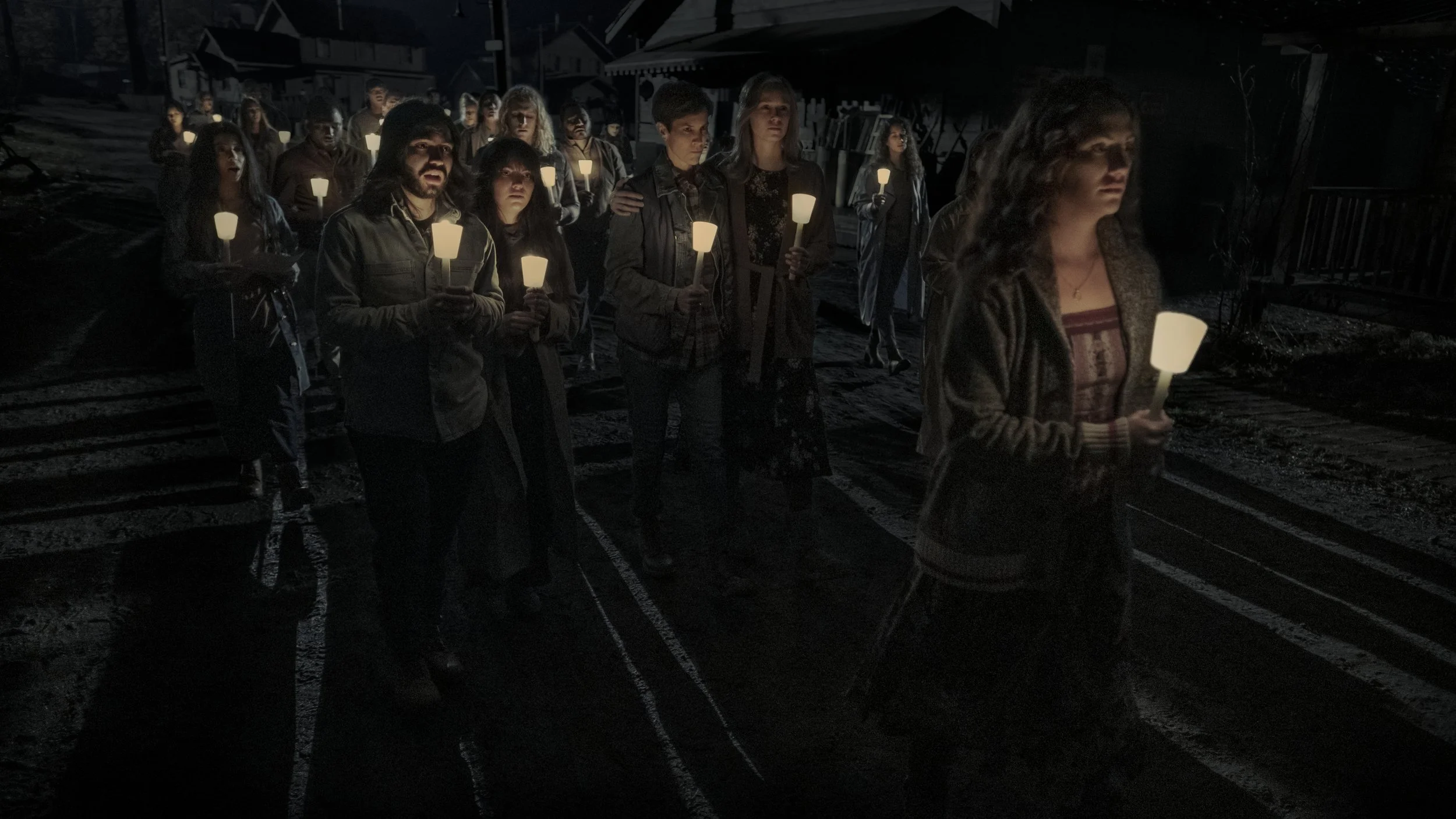
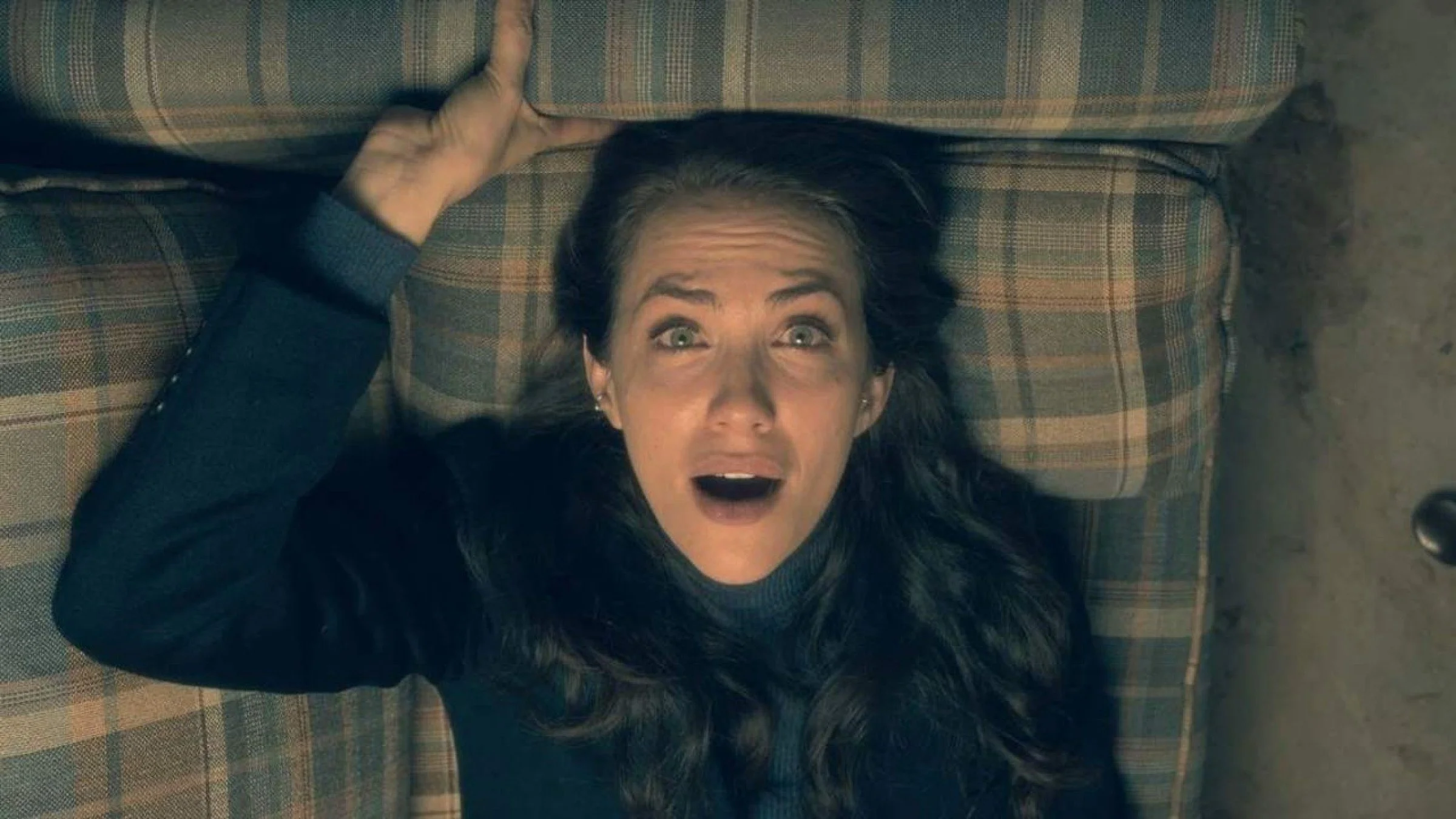
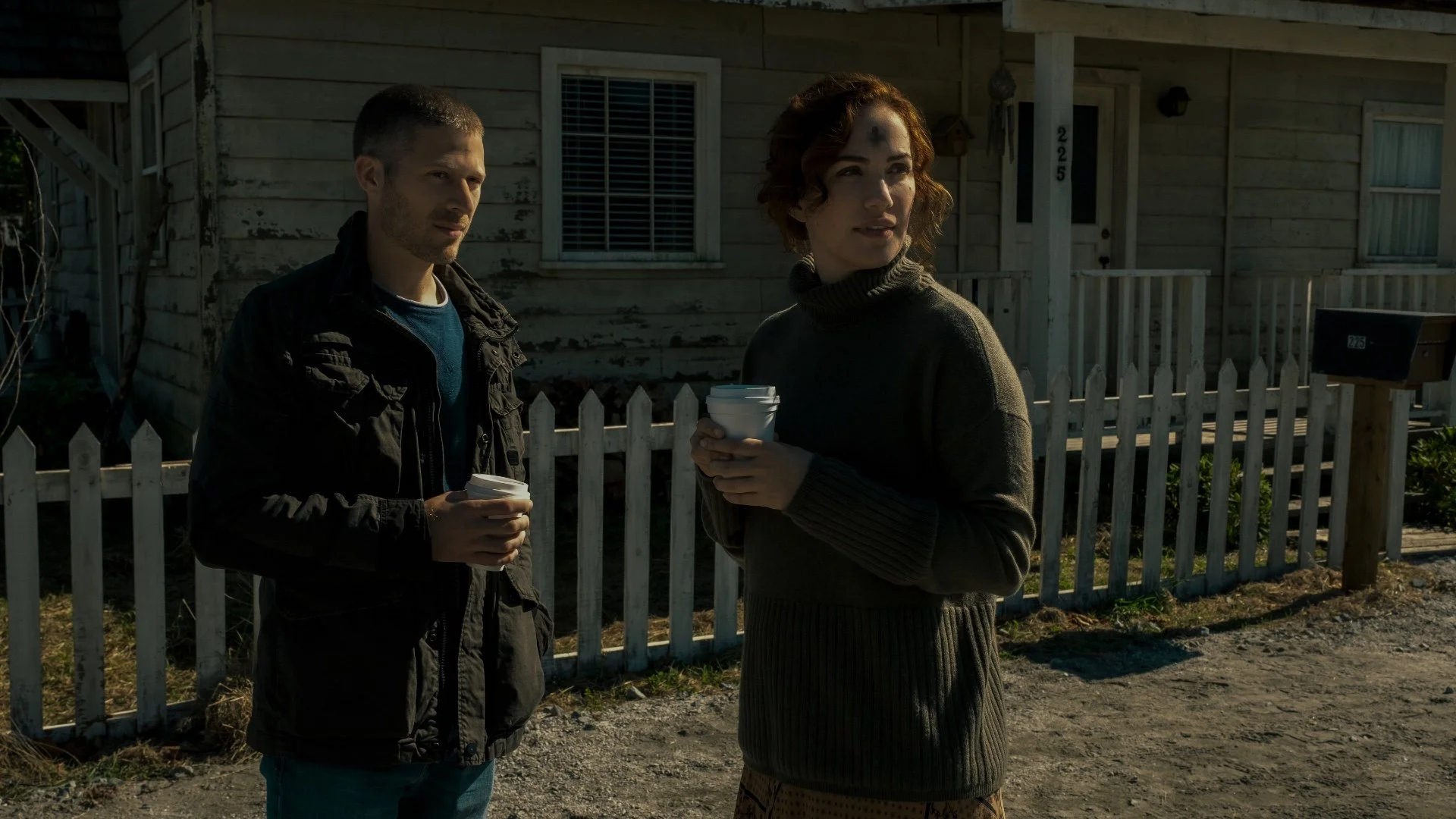
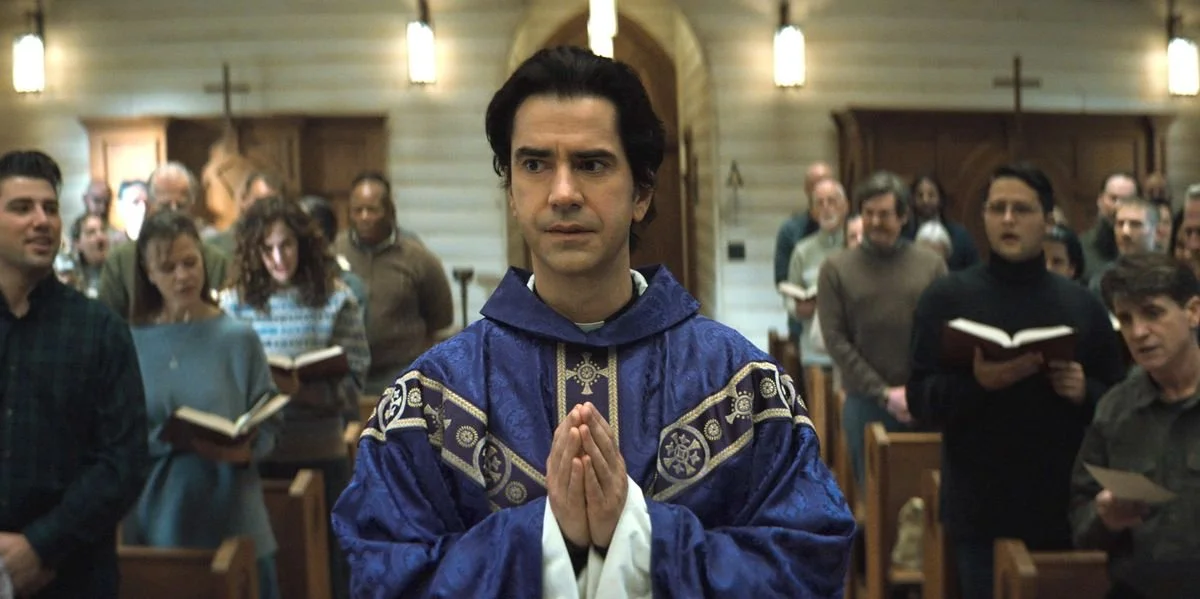
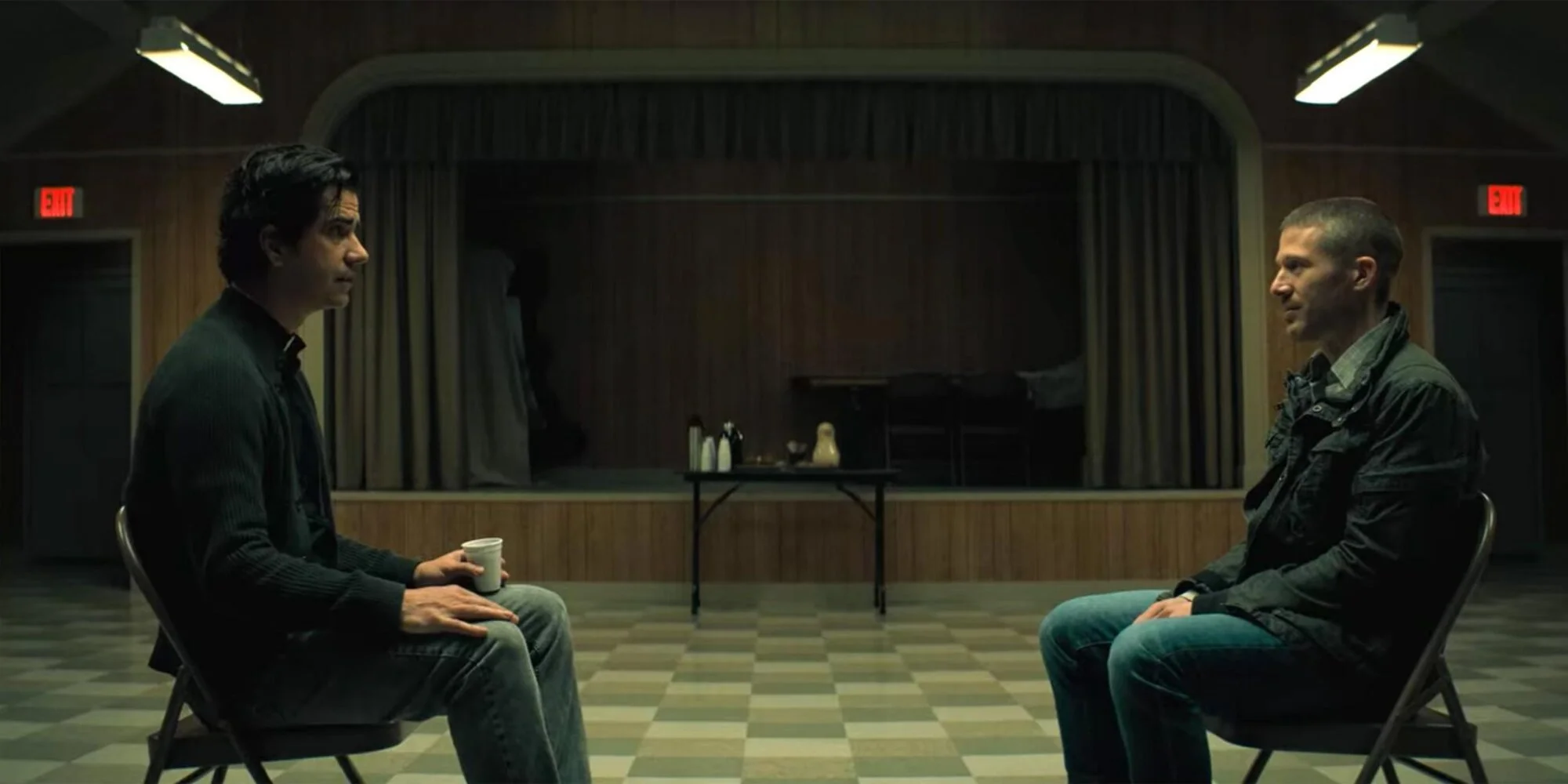

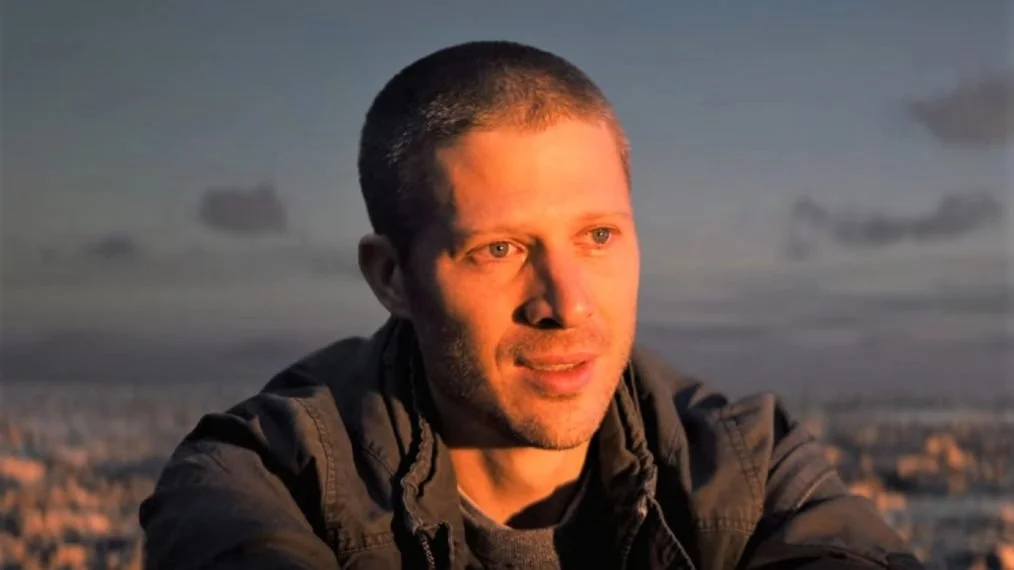

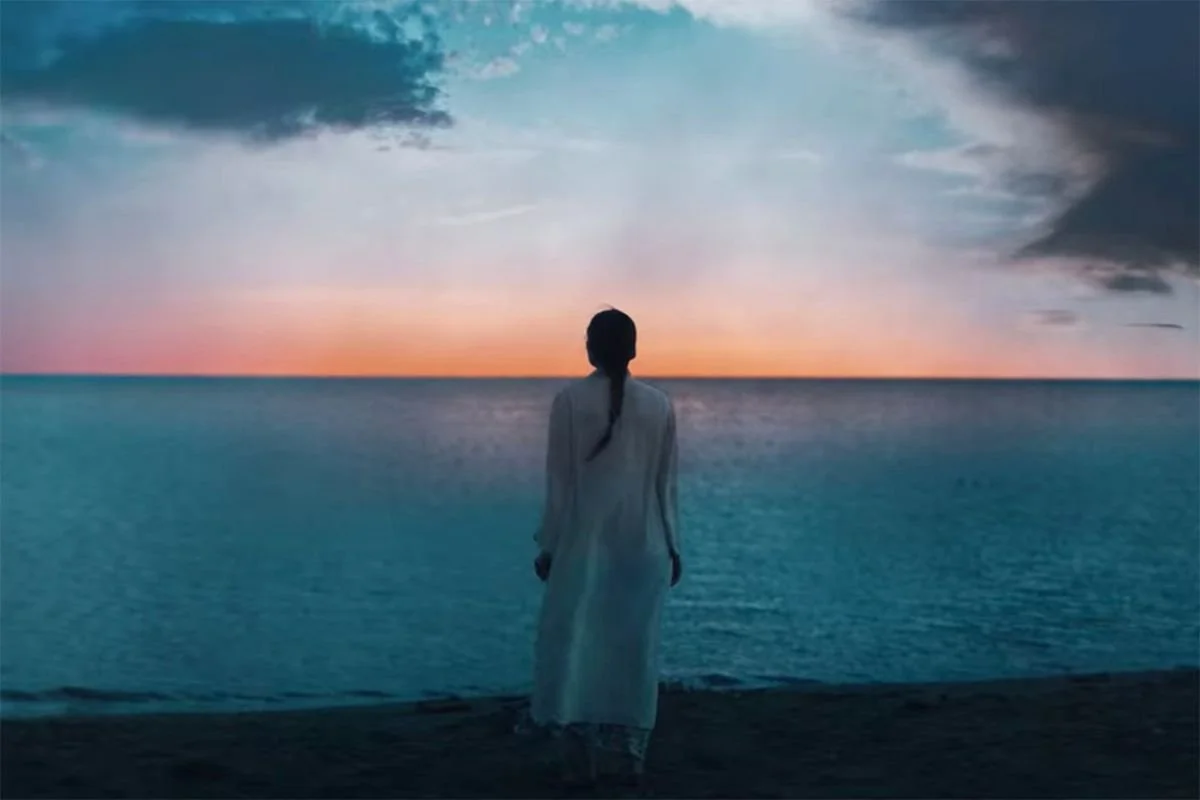
![[Editorial] 5 Slasher Short Horror Films](https://images.squarespace-cdn.com/content/v1/5fe76a518d20536a3fbd7246/1696358009946-N8MEV989O1PAHUYYMAWK/Screenshot+2023-10-03+at+19.33.19.png)
![[Ghouls Podcast] Maniac (2012) with Zoë Rose Smith and Iona Smith](https://images.squarespace-cdn.com/content/v1/5fe76a518d20536a3fbd7246/1696356006789-NYTG9N3IXCW9ZTIJPLX2/maniac.jpg)
![[Editorial] If Looks Could Kill: Tom Savini’s Practical Effects in Maniac (1980)](https://images.squarespace-cdn.com/content/v1/5fe76a518d20536a3fbd7246/1694952175495-WTKWRE3TYDARDJCJBO9V/Screenshot+2023-09-17+at+12.57.55.png)
![[Editorial] Deeper Cuts: 13 Non-Typical Slashers](https://images.squarespace-cdn.com/content/v1/5fe76a518d20536a3fbd7246/1694951568990-C37K3Z3TZ5SZFIF7GCGY/Curtains-1983-Lesleh-Donaldson.jpg)
![[Editorial] Editor’s Note: Making a slash back into September](https://images.squarespace-cdn.com/content/v1/5fe76a518d20536a3fbd7246/1694354202849-UZE538XIF4KW0KHCNTWS/MV5BMTk0NTk2Mzg1Ml5BMl5BanBnXkFtZTcwMDU2NTA4Nw%40%40._V1_.jpg)
![[Editorial] 8 Mind Horror Short films](https://images.squarespace-cdn.com/content/v1/5fe76a518d20536a3fbd7246/1693504844681-VPU4QKVYC159AA81EPOW/Screenshot+2023-08-31+at+19.00.36.png)
![[Editorial] Eat Shit and Die: Watching The Human Centipede (2009) in Post-Roe America ](https://images.squarespace-cdn.com/content/v1/5fe76a518d20536a3fbd7246/1691245606758-4W9NZWE9VZPRV697KH5U/human_centipede_first_sequence.original.jpg)
![[Editorial] Top 15 Female-Focused Mind Horror Films](https://images.squarespace-cdn.com/content/v1/5fe76a518d20536a3fbd7246/1691247166903-S47IBEG7M69QXXGDCJBO/Image+5.jpg)
![[Editorial] 8 Body Horror Short films](https://images.squarespace-cdn.com/content/v1/5fe76a518d20536a3fbd7246/1690838270920-HWA5RSA57QYXJ5Y8RT2X/Screenshot+2023-07-31+at+22.16.28.png)













I can sometimes go months without having a panic attack. Unfortunately, this means that when they do happen, they often feel like they come out of nowhere. They can come on so fast and hard it’s like being hit by a bus, my breath escapes my body, and I can’t get it back.